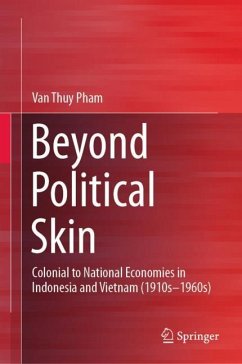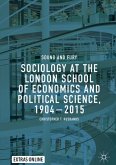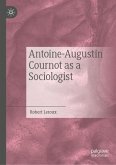This book explains the dynamics behind the economic transformation from the colonial era to the post-independence period in Indonesia and Vietnam. It analyses the different Vietnamese and Indonesian government approaches to the economic legacies of colonialism remaining in these countries after independence. It also demonstrates that despite critical differences between the two nation-states, the Vietnamese and Indonesian leaderships were pursuing similar long-term goals: to create a truly independent national economy. The book discusses the way in which the Indonesian government established complete economic control, resembling the socialist transformation of North Vietnam in the 1950s, and the various means by which the government of South Vietnam concentrated economic power in its own hands during the late 1950s and early 1960s. It also explores how the Indonesian government was determined remove the economic legacy of Dutch colonialism by placing the entire economy under strongstate control and ownership in accordance with the spirit of Guided Democracy and Guided Economy in the late 1950s and the early 1960s. This book is a point of reference for students, researchers and academics interested in a comparative analysis of the economic systems implemented by the colonial and fascist powers in Indonesia and Vietnam.
Bitte wählen Sie Ihr Anliegen aus.
Rechnungen
Retourenschein anfordern
Bestellstatus
Storno








